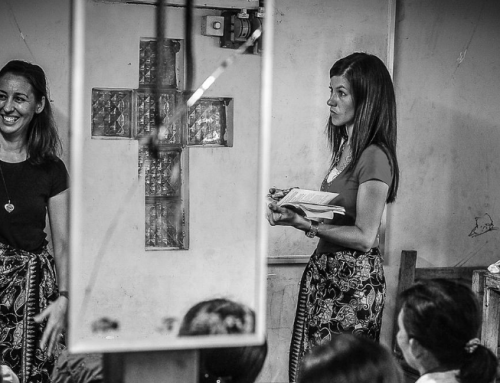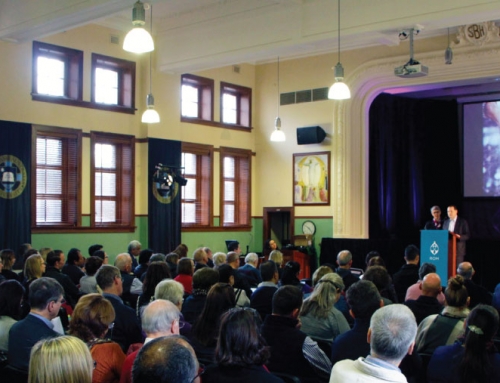Happiness. It all comes down to happiness. That is the one thing that almost everyone can agree on as a common goal regardless of his or her worldview.
In the Christian framework, people can experience happiness when they are moving towards their greatest potential. A sense of purpose is derived from this developmental perspective of life. Some might say, “it’s not in the destination, it’s in the journey.” Well, happiness is not a lofty goal that we are forced to reserve for the end of the journey, but a journey directed towards a goal is necessary to experience happiness.
You might have seen the bumper sticker that reads, “Not all who wander are lost.” I don’t know what the person who originally came up with that statement meant by it, but I think that someone who wanders without any direction eventually has to answer or work very hard to ignore the question of, “where am I going?” Christianity offers an answer to that question, and our life is directed towards that answer.
Happiness comes from the experience of this journey. It is the “purpose-driven life.” Catholic Psychology is built on the premise that we are on this journey, and we can find happiness if we look in the right place.
Catholic Psychology gives the psychologist a framework, or theory, to work from.
It gives the psychologist a way of being a psychologist, and it also gives the psychologist a way to see the client. Catholic Psychology does not require the client to be Catholic, and it doesn’t mean that the therapy is spiritual in it’s practical application. More on this in a later post.
This article first appeared at Catholic Pysch Institute






